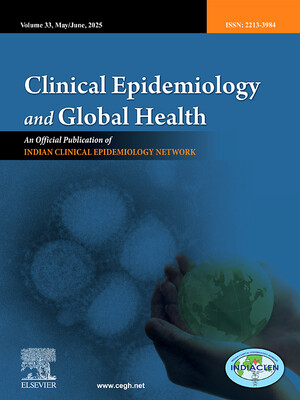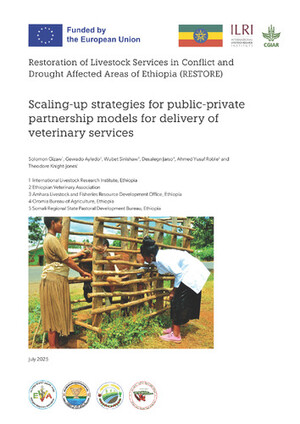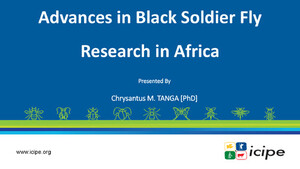
Putting the “A” into WaSH: A call for integrated management of water, animals, sanitation, and hygiene
Abstract
Water, sanitation, and hygiene (WaSH) are foundational public health interventions for infectious disease control. Renewed efforts to end open defecation and provide universal access to safe drinking water, sanitation, and hygiene by 2030 are being enacted through the Sustainable Development Goals. However, results from clinical trials1–3 question the efficacy of conventional rural WaSH approaches in low-income and middle-income countries (LMICs). Randomised trials in Bangladesh,1 Kenya,2 and Zimbabwe,3 which introduced household pit latrines, hand-washing with soap, and point-of-use water chlorination, found no effect on child growth, and two of the three trials found no reductions in diarrhoea in children.
Citation
Prendergast, A.J., Gharpure, R., Mor, S., Viney, M., Dube, K., Lello, J., Berger, C., Siwila, J., Joyeux, M., Hodobo, T., Hurt, L., Brown, T., Hoto, P., Tavengwa, N., Mutasa, K., Craddock, S., Chasekwa, B., Robertson, R.C., Evans, C., Chidhanguro, D., Mutasa, B., Majo, F., Smith, L.E., Hirai, M., Ntozini, R., Humphrey, J.H. and Berendes, D. 2019. Putting the “A” into WaSH: A call for integrated management of water, animals, sanitation, and hygiene. The Lancet Planetary Health 3(8):e336-e337.










